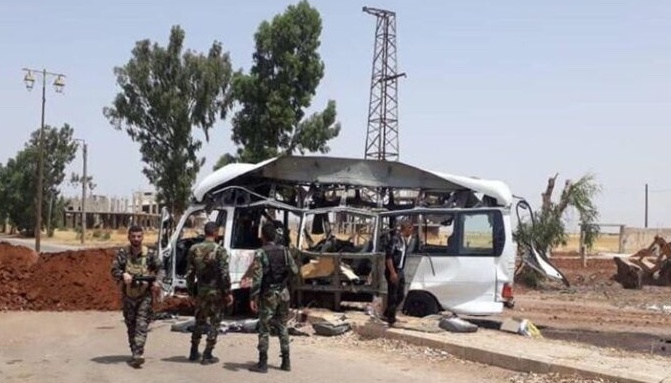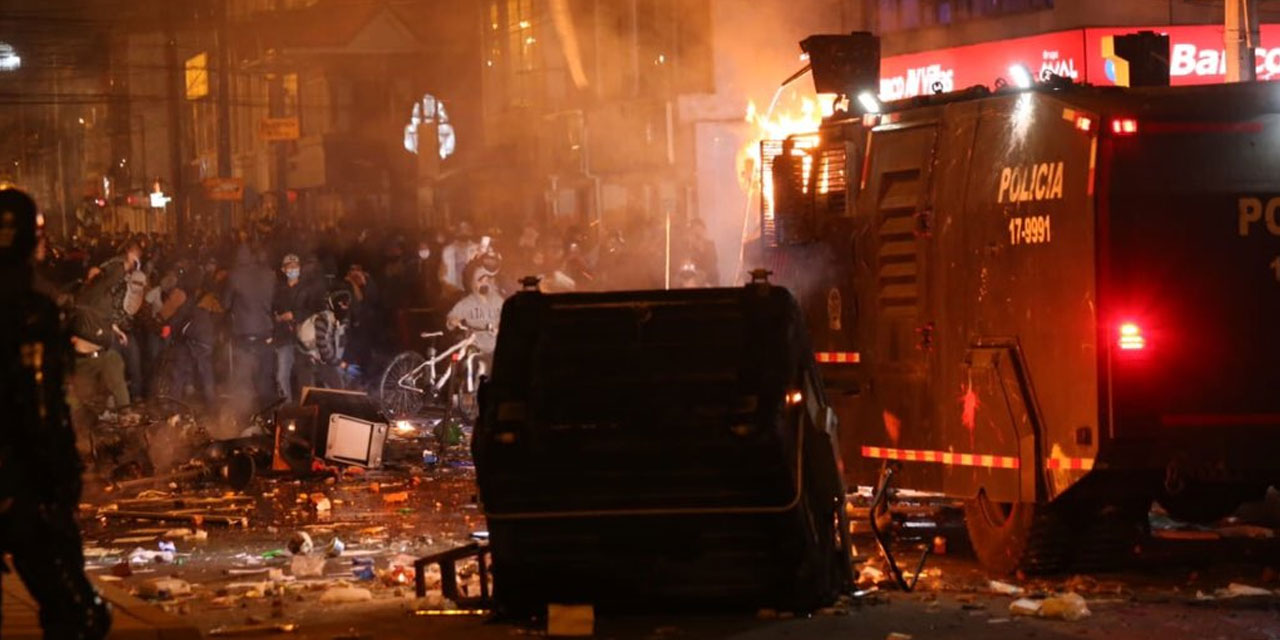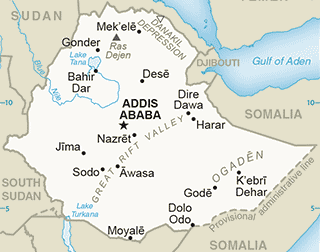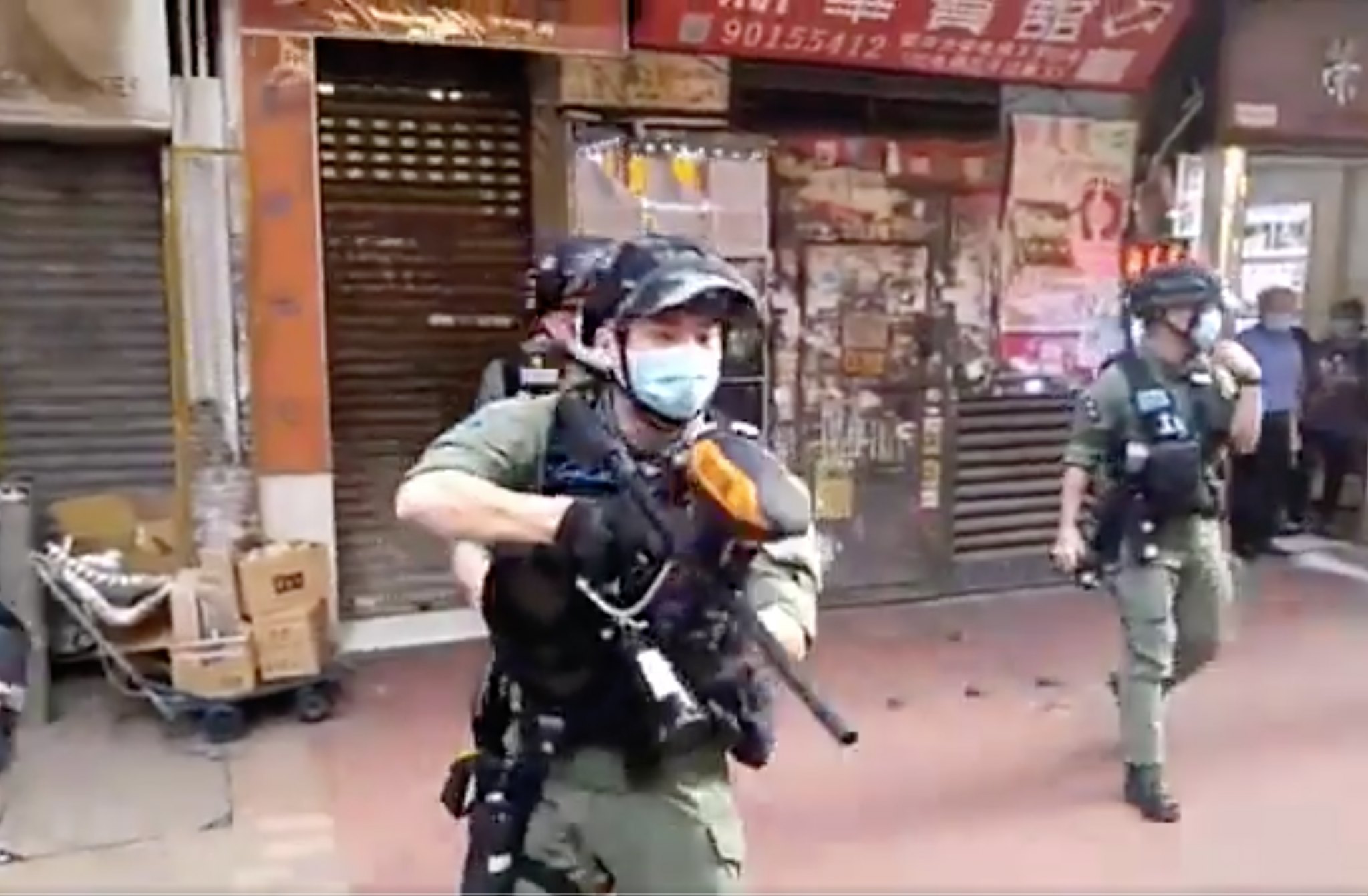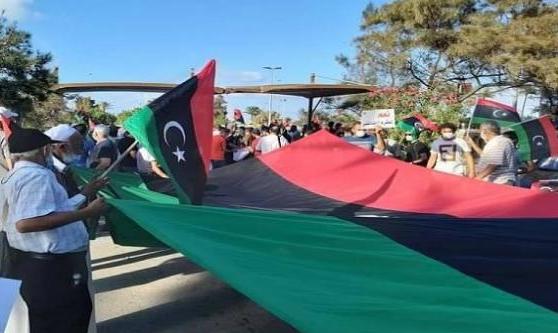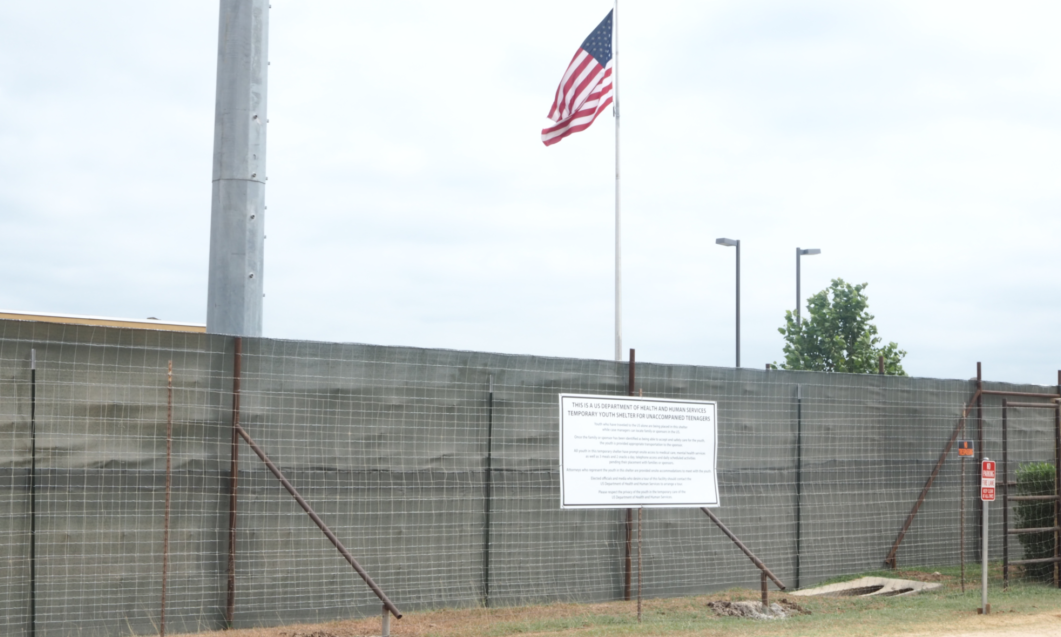
Forced sterilizations in ICE custody: reports
More than 170 members of the House of Representatives are demanding that the Department of Homeland Security carry out an immediate investigation into claims of “mass hysterectomies” at an Immigration & Customs Enforcement facility in Georgia. The allegations stem from a whistleblower complaint filed by advocacy group Project South on behalf of Dawn Wooten, a nurse who formerly worked full-time at the Irwin County Detention Center. “We are horrified to see reports of mass hysterectomies performed on detained women in the facility, without their full, informed consent and request that the Office of the Inspector General (OIG) conduct an immediate investigation,” a bloc of Democratic lawmakers wrote. Responding to the claims, Amnesty International emphasized that “forced sterilization can constitute a crime against humanity under international law.” (Photo via Texas Impact)



